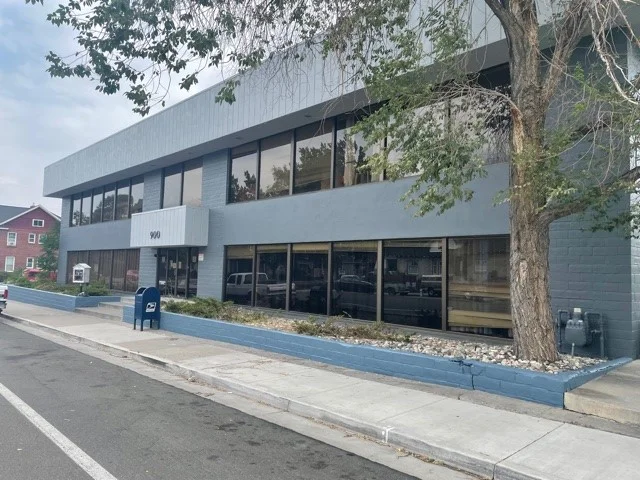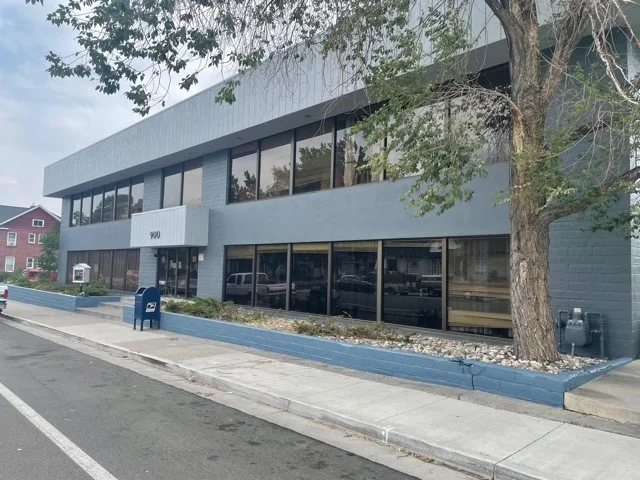Ridgehouse is a full-service rehab center in Reno, Nevada, for people who have problems with drugs or alcohol. The center has many programs for adult men between the ages of 18 and older, such as residential treatment, outpatient services, and intense outpatient programs (IOP). Ridgehouse's way of helping people get better includes Medication-Assisted Treatment (MAT) and therapy for individuals, groups, and families. The center takes a whole-person approach and helps people learn job, social, and life skills to help them recover in the long run.
The Nevada Department of Health and Human Services Division of Public and Behavioral Health gives funding for these services.
Ridgehouse Information
Treatment
Who We Treat
- Young Adults (18–25)
- Midlife Adults
- Older Adults
- Male and Female
- Veterans
Treatment Focus
- Co-Occurring Disorders
- Drug Addiction
- Medication-Assisted Treatment
- Alcohol
Approaches
- Family Involvement
- Evidence-Based
- Individual Treatment
Substances We Treat
- Alcohol
- Prescription Drugs
- Synthetic Drugs
Languages
- English
Aftercare
- Intensive Outpatient Program
- Outpatient Treatment
- Follow-up Sessions (in-person)
- Employment Counseling
- Continuing Care
- Discharge Planning
- Support Meetings
Level of Care
- Day Treatment
- Outpatient
Accreditations
-
State department of health
Government agencies issue State Licenses, which grant rehabilitation organizations permission to conduct their operations lawfully within specific geographic regions. Licenses needed to operate are typically determined by the type of rehabilitation program offered by the facility and its physical location.

Additional Locations
Ridgehouse Accepts The Following Insurance Plans
Find the best treatment options. Call our free and confidential helpline today!








